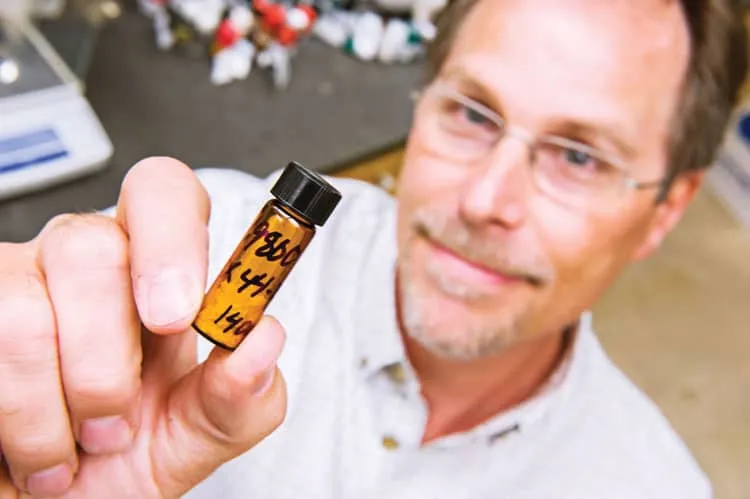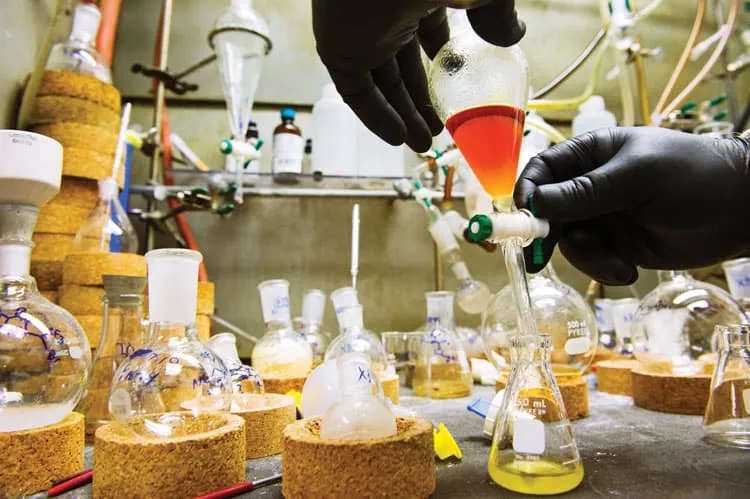CSU center working on brain trauma prevention


FORT COLLINS – Injuries sustained by everyone from infants to soldiers could one day be much less traumatic, thanks to research being conducted with the help of the Colorado Center for Drug Discovery, a state-funded program located at Colorado State University.
The drug research center, or C2D2, has developed preliminary…
THIS ARTICLE IS FOR SUBSCRIBERS ONLY
Continue reading for less than $3 per week!
Get a month of award-winning local business news, trends and insights
Access award-winning content today!
